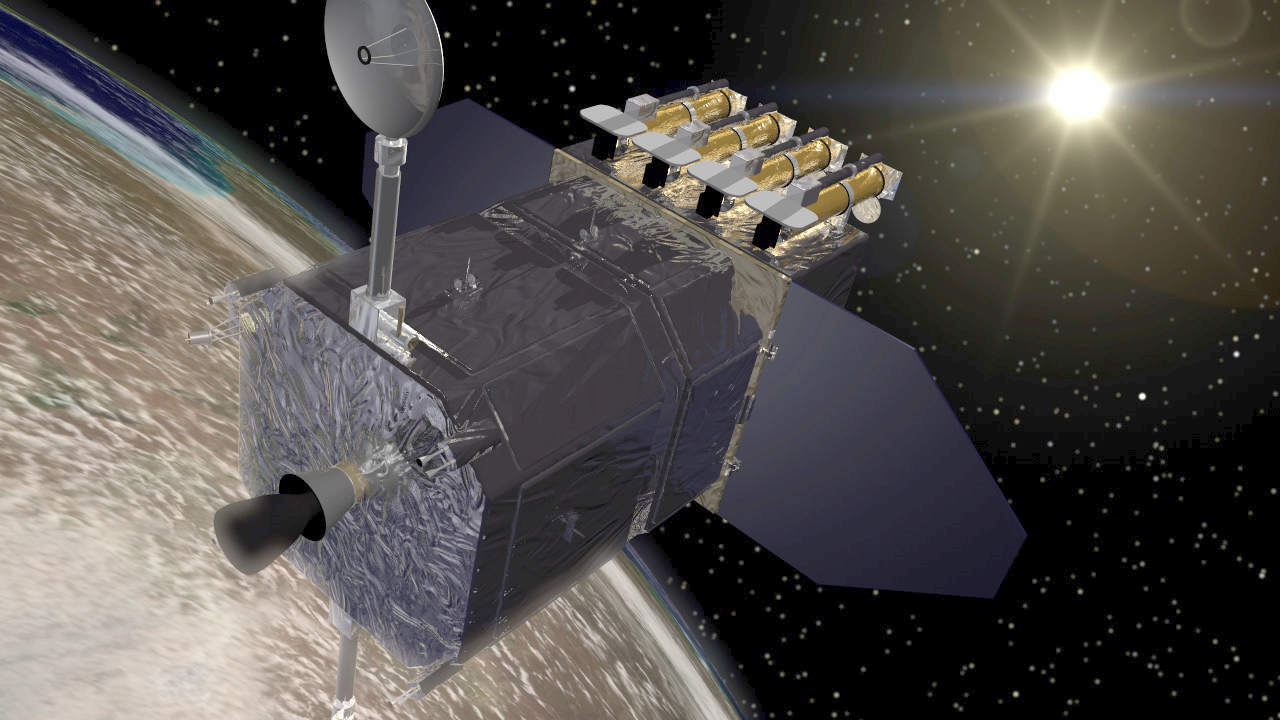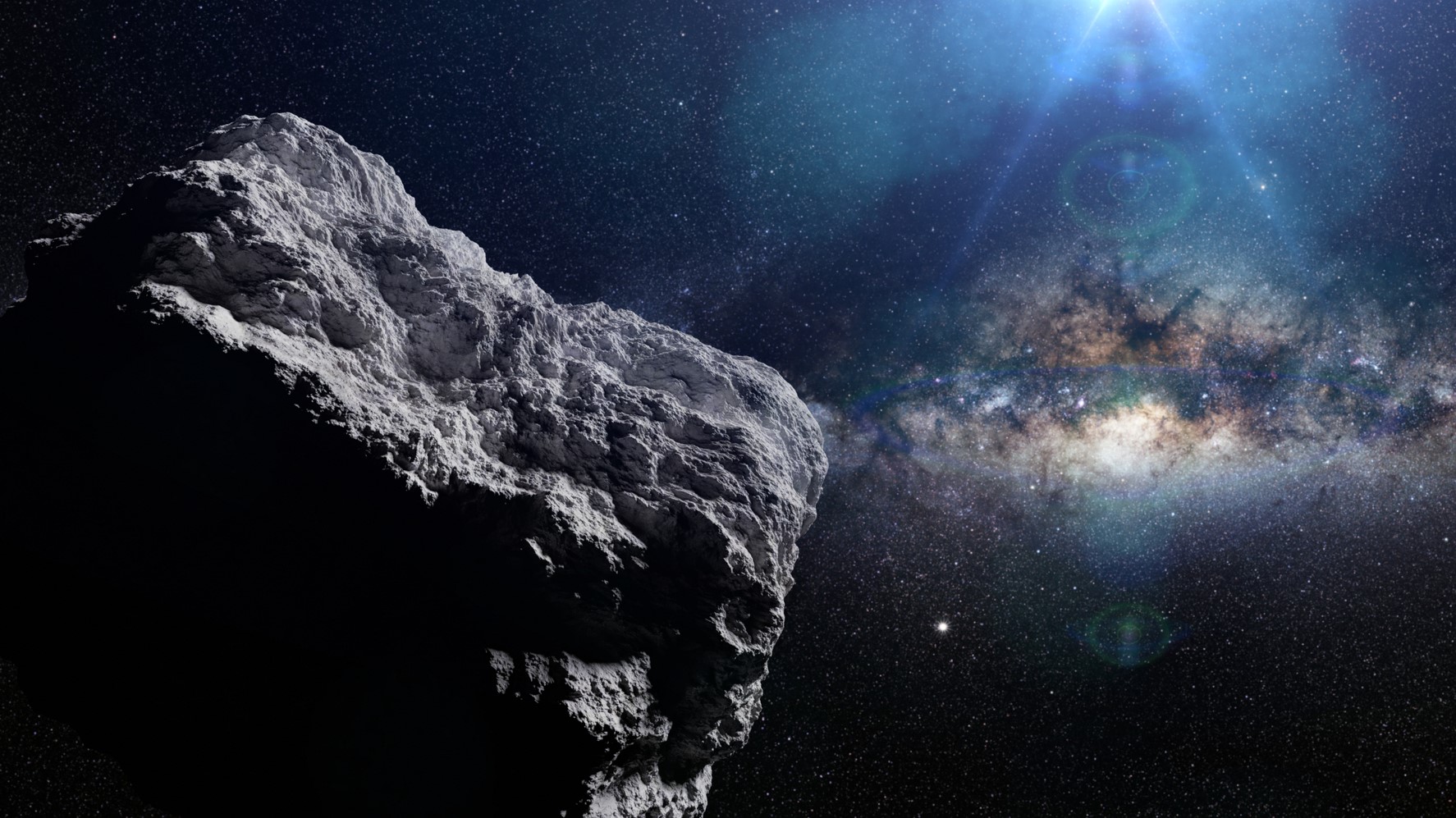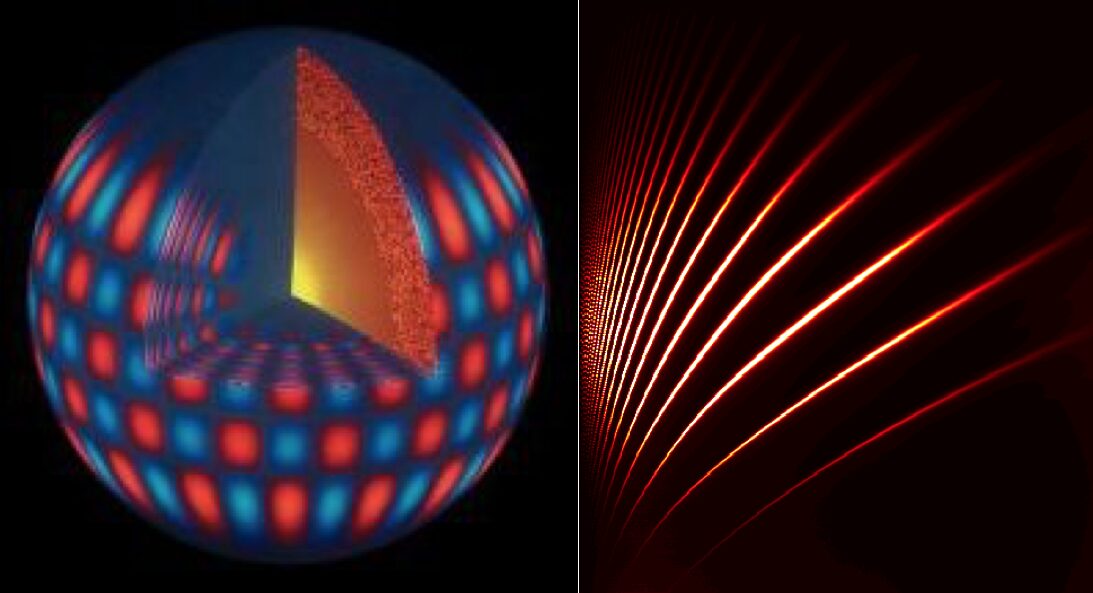Solar observatories are specialized facilities designed to study the sun and its activities. These observatories play a crucial role in understanding the sun’s behavior and its impacts on Earth.
Types of Solar Observatories
- Ground-Based Observatories: These observatories use telescopes to observe the sun from Earth’s surface. They can be equipped with various instruments, such as solar filters, spectrographs, and coronagraphs, to study different aspects of the sun.
- Space-Based Observatories: These observatories orbit the Earth, providing uninterrupted views of the sun and allowing for observations in wavelengths that are absorbed by Earth’s atmosphere.
Key Solar Observatories
- Solar Dynamics Observatory (SDO): A NASA spacecraft that provides high-resolution images of the sun’s surface and atmosphere.
- Solar and Heliospheric Observatory (SOHO): A joint NASA-ESA mission that studies the sun’s outer atmosphere and its interactions with the solar wind.
- Parker Solar Probe: A NASA spacecraft that is making unprecedented close approaches to the sun to study its outer atmosphere and the solar wind.
- Big Bear Solar Observatory: A ground-based observatory in California that uses a 1.5-meter telescope to study the sun’s surface and atmosphere.
- Mauna Loa Solar Observatory: A ground-based observatory in Hawaii that is home to a variety of solar telescopes.
Importance of Solar Observatories
Solar observatories are essential for understanding the sun’s behavior and its impacts on Earth. They help us to:
- Predict solar storms: Solar observatories can provide early warnings of solar flares and coronal mass ejections, which can disrupt technology on Earth.
- Study the sun’s interior: Helioseismology, the study of the sun’s interior using its vibrations, is a key research area for solar observatories.
- Understand the sun’s role in climate change: Solar activity can influence Earth’s climate, and solar observatories help us to study these connections.
- Develop new solar technologies: Solar observatories can provide valuable data for the development of solar energy technologies.
Solar observatories are critical for our understanding of the sun and its impacts on Earth. They play a vital role in space weather forecasting, climate research, and the development of new technologies.



